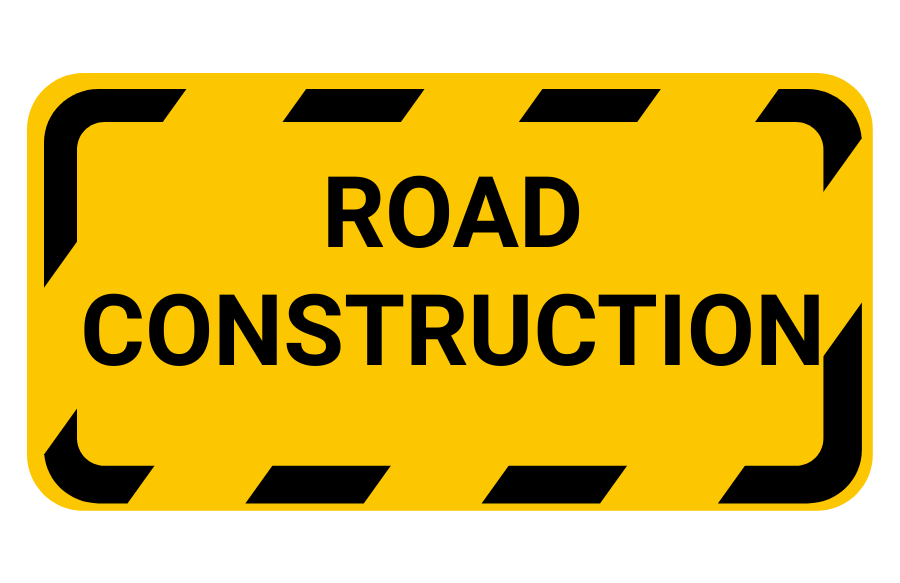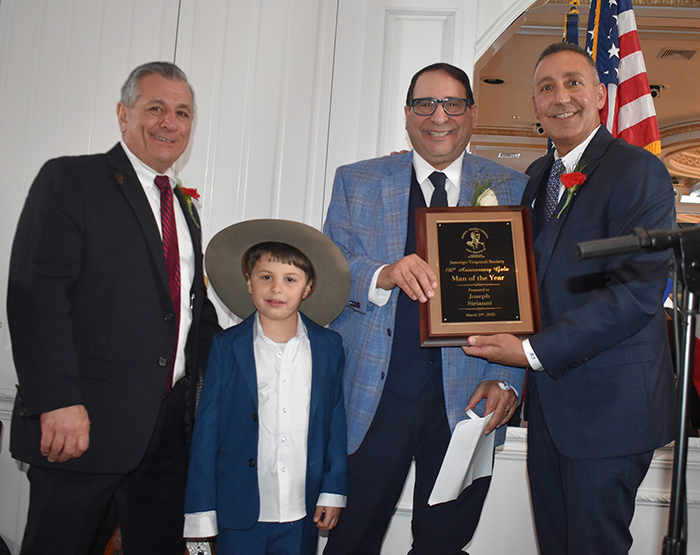
Free Certified Home Health Aide Course at Seabrook
March 12, 2021
Contruction begins – Patten Ave Bridge will be closing
March 12, 2021 Washington, DC – Congressman Frank Pallone, Jr. (NJ-06) introduced the Leading Infrastructure For Tomorrow’s America Act, or LIFT America Act. The sweeping legislation will modernize the nation’s infrastructure, rebuild the economy, combat climate change, and protect public health and the environment. The legislation invests more than $312 billion in clean energy, energy efficiency, drinking water, broadband, and health care infrastructure.
Washington, DC – Congressman Frank Pallone, Jr. (NJ-06) introduced the Leading Infrastructure For Tomorrow’s America Act, or LIFT America Act. The sweeping legislation will modernize the nation’s infrastructure, rebuild the economy, combat climate change, and protect public health and the environment. The legislation invests more than $312 billion in clean energy, energy efficiency, drinking water, broadband, and health care infrastructure.
“As our nation combats COVID-19 and a severe economic downturn, the LIFT America Act fulfills President Biden’s promise to Build Back Better,” Congressman Pallone said. “Over the last year, we’ve seen the devastating results of inaction: major power outages, water shortages, health care facilities stretched to the limit, and communities left behind due to the digital divide. By modernizing our infrastructure, we have an opportunity to revitalize our economy, create millions of new jobs, combat climate change, and ensure no community is left behind.”
The LIFT America Act invests in several key areas, including:
Action to Combat the Climate Crisis and Protect Our Environment:
- $69.9 billion for clean energy and energy efficiency, including $3.5 billion for electric grid infrastructure to accommodate more renewable energy and to make the grid more resilient, efficient, and secure. It also includes $20 billion to increase resiliency and efficiency at public and critical facilities and $18 billion to help rapidly deploy new technologies aimed at reducing emissions. The legislation also includes $1 billion in grants for the installation of solar panels in low-income and underserved communities, and $250 million to support clean distributed energy. And, it includes $17.5 billion for energy efficiency and conservation block grants, $6.5 billion for home energy efficiency retrofits, and $500 million for energy efficiency grants to public schools.
- $41.8 billion for the deployment of electric vehicle infrastructure, clean ports and smart communities. This includes $3.8 billion to reduce emissions at ports, $650 million for electric school buses, and $500 million for rebates for light-duty electric vehicle charging infrastructure. It also includes $12.5 billion to accelerate domestic manufacturing of batteries, power electronics, and other technologies for use in plug-in vehicles.
- $51.6 billion to protect Americans’ drinking water by extending and increasing funding for the State Revolving Loan Fund and other safe water programs and providing substantial new funding for the replacement of lead service lines that threaten public health. This includes $2.5 billion to establish a new grant program to help filter toxic PFAS chemicals, or forever chemicals, out of effected communities’ water supplies.
- $2.7 billion for Brownfields restoration and reinvestment in communities where properties with hazardous substances or contaminants prevent their reuse. These funds provide critical money to States and municipalities to investigate and remediate affected properties, and in turn, facilitate job growth by returning valuable land to productive use.
Expansion of Broadband Internet Access Nationwide:
- $80 billion for the deployment of secure and resilient high-speed broadband to expand access nationwide by funding connections to the internet in unserved and underserved rural, suburban, and urban areas, facilitating crucial connectivity that will lead to stronger small businesses, more jobs, and a powerful economy in communities that have been left behind. This investment will allow for 100 percent broadband deployment throughout the nation.
- $15 billion in grants for the deployment and implementation of Next Generation 9-1-1 services across the country to protect American lives through more accessible, interoperable, effective, and resilient 9-1-1 services that allow callers to send text messages, images, or videos to 9-1-1 in times of emergency.
- $5 billion in federal funding for low-interest financing of broadband deployment with a new program that would allow eligible entities to apply for secured loans, lines of credit, or loan guarantees to finance broadband infrastructure build out projects.
- $9.3 billion for broadband affordability and adoption to ensure that everyone can afford internet service and have the knowledge and tools to use the internet in ways that meet their needs.
Investments in America’s Health Infrastructure:
- $7 billion in investments for core public health infrastructure for State, local, Tribal, and territorial health departments and the Centers for Disease Control and Prevention in order to enhance workforce capacity, testing capacity, health information, disease surveillance, and other critical core public health needs.
- $10 billion in funding to reestablish the Hill-Burton hospital infrastructure program for construction and modernization of hospitals and medical facilities. The legislation prioritizes awards for projects that include modernization for public health preparedness or protecting against cybersecurity threats in the health system.
- $10 billion in funding for community health center capital project grants for the construction and modernization of community health centers.
- $5 billion for the Indian Health Service for the planning, design, construction, modernization, and renovation of hospitals and health care facilities to enhance tribal health facilities and reduce health disparities in Tribal communities.
- $4.5 billion to improve laboratory infrastructure for clinical laboratories working to improve SARS-CoV-2 and COVID-19 testing and response activities, including the expansion and enhancement of testing capacity at such laboratories.
- $500 million for community-based care centers that address COVID-19 and other public health crises by supporting the improvement, renovation, and modernization of the centers’ infrastructure.
A section-by-section of the bill is available HERE.
LIFT America Act bill text is available HERE.





